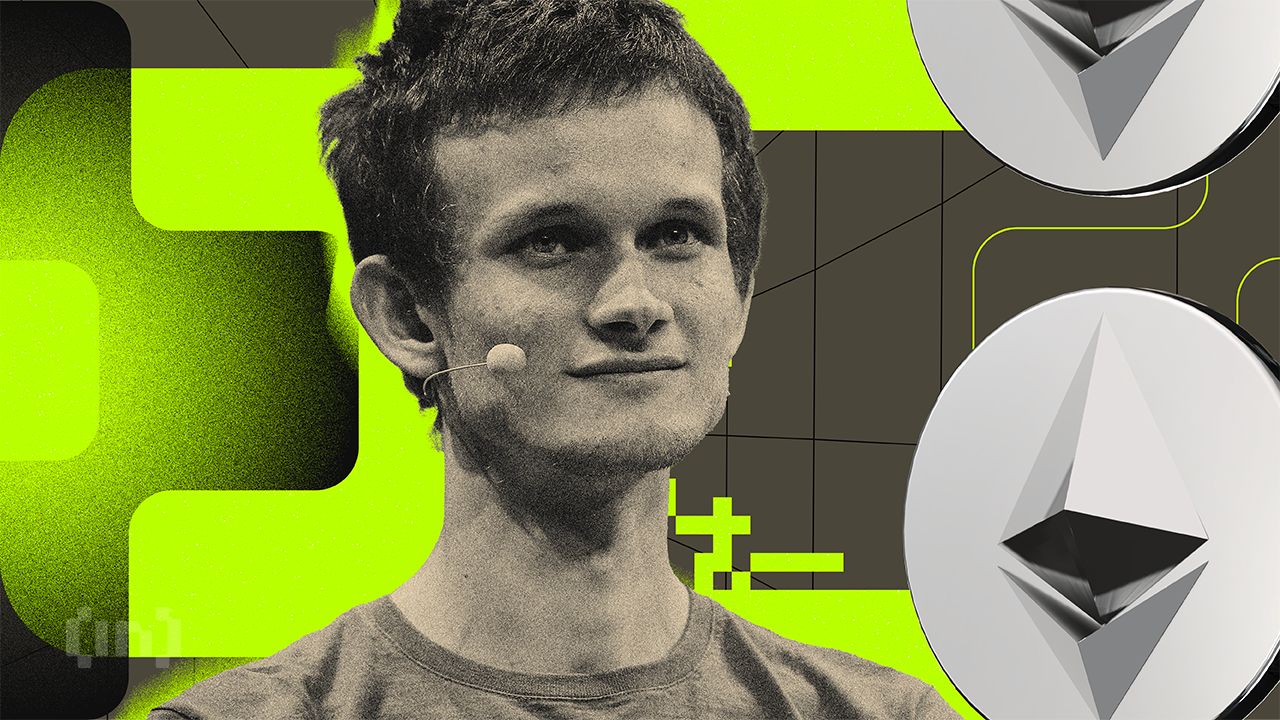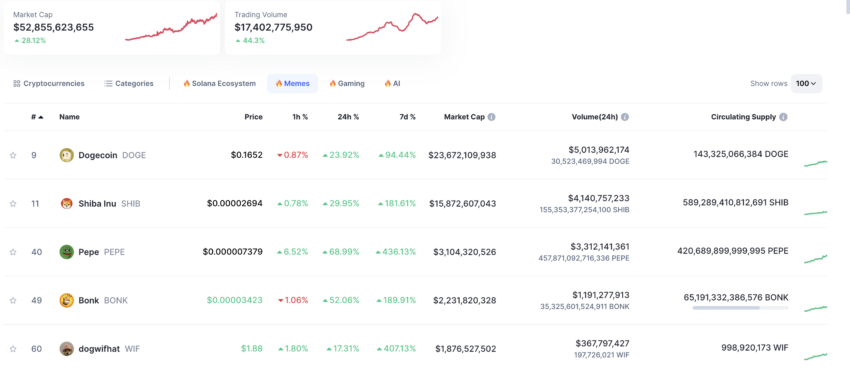Why Did Vitalik Buterin Criticize the Meme Coin Frenzy?

[ad_1]
Ethereum co-founder Vitalik Buterin has raised concerns over the current allocation of investments. Specifically, he indirectly points out that while meme coins like Dogecoin enjoy significant attention, other critical aspects of the crypto infrastructure are being overlooked.
His comments came during an interaction with a user named Roko on the social platform X.
Did Vitalik Buterin Criticize Meme Coin Frenzy?
Buterin emphasizes the skewed distribution of funds, where certain areas receive more investment than perhaps beneficial. He argues that this imbalance harms the ecosystem’s growth, distinguishing between ‘public goods’ and sectors driven by competitive advantage. Moreover, he suggests that focusing on certain infrastructures over others stifles innovation in areas that could use more support.
Transitioning to the subject of public infrastructure, Buterin revisits his stance on its economic challenges. He has long viewed crypto infrastructure as a public good, essential yet underfunded due to economic principles that discourage sufficient investment in such communal resources. Consequently, this perspective sheds light on the systemic issues hindering the development of crucial crypto infrastructure, limiting its potential impact.
“The problem though is that “infrastructure” is a diverse category, and some infrastructure is public goods while other infrastructure is realistically a zero-sum network effect grabbing game. Today, it feels like some categories of infrastructure are way over-invested, and others are still very under-loved,” Buterin said.
Despite Vitalik Buterin’s subtle criticism of meme coins, the sector is up by 28% in the past 24 hours. The total market capitalization of meme coins now stands at $52.8 billion.
Read more: 7 Hot Meme Coins and Altcoins that are Trending in 2024

How Crypto Solves Geographical Constraints
Additionally, Buterin shares his thoughts on Reddit’s decision to go public. While he commends the platform’s effort to involve contributors in its IPO, he expresses disappointment over the regulatory limitations restricting non-US residents’ participation. According to Buterin, this situation illustrates the broader constraints traditional financial systems impose, contrasting sharply with the inclusivity of the crypto domain.
“This is why we crypto; it’s a global economy,” Buterin said.
Moreover, Buterin’s critique extends to the investment frenzy surrounding meme coins. He juxtaposes this with the need for more meaningful engagement and support within the crypto infrastructure. His observations underscore the importance of balancing investment to foster a more equitable and functional ecosystem.
In the context of technological advancements, Buterin highlights the significance of the Ethereum Improvement Proposal (EIP) 4844. This proposal aims to address blockchain scalability issues through the introduction of ‘blobs’—data bundles that could drastically reduce data storage costs on the Ethereum network. By analyzing current and projected data transmission costs, Buterin points to the potential economic benefits of EIP-4844, which could enhance network efficiency and lower operational costs.
Read more: What Is EIP-4844?
Buterin’s insights offer a comprehensive look at the challenges facing the crypto community, from investment disparities to regulatory hurdles and technological innovations.
Disclaimer
All the information contained on our website is published in good faith and for general information purposes only. Any action the reader takes upon the information found on our website is strictly at their own risk.
[ad_2]
Source link
